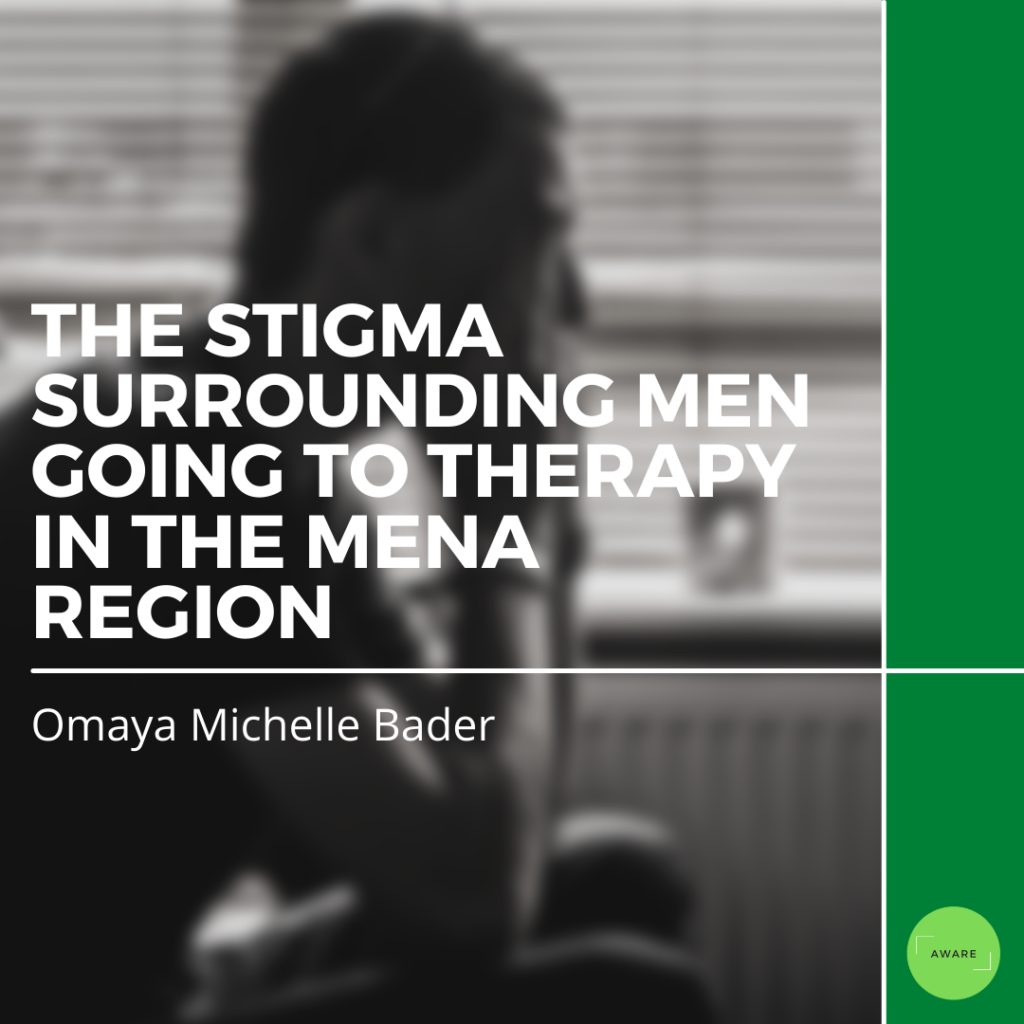Phrases such as “why are you crying?” or “are you a girl?” have been heard at least once in an Arab household with a man or young boy. The suppression of emotions in males is embedded into their minds very early on in life in hopes of them becoming “real men”. This misconstrued ideology of masculinity has become a norm over years and years of toxic teachings ultimately resulting in a society of men embodying misogynistic, aggressive, and other toxic traits. Ultimately, the dismissal of their feelings is one of the main factors influencing their inability to express their emotions due to the lack of validation received from society, resulting in not only the denial to seek help, but the discouragement to even try.
Toxic Masculinity and its Correlation to the Stigma Surrounding Men Seeking Help
Toxic masculinity often refers to the destructive male-associated attitudes and behaviors that harm both men and women in society. A toxic male belief system usually includes a negative perception over showcasing emotion and sharing vulnerabilities. At times, toxic behaviors can manifest from two attitudes. One being “I am a man; therefore, I must impose my dominance in any way possible”, and the other being “I have been suppressing my emotions for so long, therefore lashing out to avoid emotional connections protects my dominant male persona.” Regardless of which one may apply to the men surrounding us, they both feed into a destructive narrative in our society today.
Toxic masculinity develops through the teachings and ideologies mentioned above and have long-term effects on both the individual and the individual within society. Males that embody toxic masculinity refrain from seeking help or going to therapy because, simply put, it is “not manly”.
Why This is Harmful
While toxic masculinity does harm everyone, it is crucial to pinpoint the mainland of mental harm, which is men themselves. Whether or not men want to share their weakness but feel threatened by the “masculine ideals” of society, or perhaps refuse to acknowledge vulnerability in the first place, the effect is more or less similar. Both situations negatively affect their mental and physical health. Emotional stress from any circumstance can have psychosomatic effects and lead to complications such as cardiac diseases, skin problems, and sleeping issues.
Mentally, men might feel unable to perform regular tasks regarding work or family due to the pressure that is both inflicted by society and themselves. More on that, it is harmful to women and children as well. A man with an extremely toxic ideology can be physically and emotionally abusive to his surroundings. For the most part, it is these micro-aggressions that build up over time to manifest in abusive behaviors.
The Reality of Males and their Emotions
In the MENA region today, the largely patriarchal nations allow for definitive gender roles, which brings out the issue of toxic masculinity. Men are discouraged from displaying emotions, which leads to them bottling it all up.
Suppression of emotions, often, has led to the deterioration of mental health and has been associated with depressive symptoms. Such behavior can trigger abnormal emotional expression, which may lead to depression. Men tend to find it hard to accept that they are suffering from depression and attempt to displace this by overworking or even through substance abuse by relying on alcohol or drugs, and in worse cases, contemplating self-harm or suicide.
If you are a male or know a male in your life looking to seek help, encourage them to do so.
